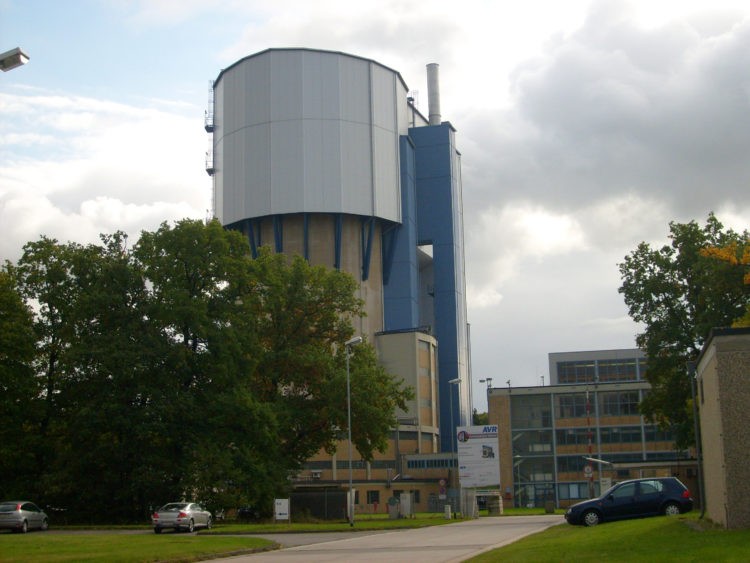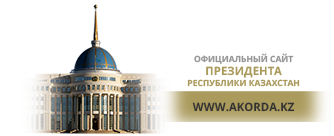Юлих зерттеу орталығында тағылымдамадан өту
07.12.2018

Германия, Юлих қаласының зерттеу орталығы АТЭХАГ техникалық ынтымақтастық шеңберінде Ұлттық ядролық орталығы мен оның филиалдарының мамандарын түрлі бағыттар бойынша оқытудан және тағылымдамадан өтуге шақырады. Биылғы жылы да шақырулар келген болатын. 2018 жылғы 14 қазаннан 16 қарашаға дейін ҚР ҰЯО РМК «Радиациялық қауіпсіздік және экология институты» филиалының аналитикалық зерттеу бөлімі элементтік талдау зертханасының инженері Мухамедияров Нурлан «Радиохимиялық ыдыраудан кейін индуктивті байланысқан плазмалы масс-спектрометрияны қолдана отырып қоршаған орта сынамаларының қатты үлгілеріндегі (топырақ, түптік шөгінділер және өсімдіктер) жасанды радионуклидтер құрамын анықтау» тақырыбы бойынша тағылымдамадан өтті.
Оқыту курсы зертханалық зерттеулерге, топырақ сынамаларын талдауға дайындауға, индуктивті байланысқан плазмалы масс-спектрометрия (ИСП-МС) әдісімен сынамалардағы жасанды радионуклидтер құрамын анықтау бойынша талдаулар жүргізуге, сонымен қатар, алынған деректер нәтижелерін өңдеуге толы болды. Сынамаларды түрлі қоспалардан, атап айтқанда, ураннан тазарту бойынша DGAb, TRU, DOWEX – экстракциялық-хроматографиялық шайыр түрлерінің тиімділігіне бағалау жүргізілді.
атты үлгілер сынамаларындағы жасанды радионуклидтер изотоптарын анықтау үшін Институт зертханасында «есеп-үстеме» әдісі қолданылады. Автоклавтық және ашық ыдырау әдістерімен қатты үлгілерден алынған ерітінділерді талдау Elan 9000, өндіруші Perkin Elmer (АҚШ), аспабында индуктивті байланысқан плазмамен масс-спектрометрия әдісімен жүргізіледі.
Тағылымдама сәтті және жемісті өтті. Негізгі оқыту өткізілген зертханада жұмыс істетйін біліктілігі жоғары мамандар қатты үлгілерді дайындау және талдаудың жаңа әдістемелерін игерген, жинақталған тәжірибелерімен бөлісіп, тиісті жұмыстарды жүргізу үшін Юлих қаласындағы зерттеу орталығында жиынтықталған заманауи техниканың соңғы моделдерімен таныстырды.
Алынған білім мен тәжірибе Инстиут зертханаларында индуктивті байланысқан плазмалы масс-спектрометрия әдісімен шайырдың әртүрлі түріндегі изотоптарды анықтау үшін оларды пайдалана отырып қоршаған орта сынамаларының қатты үлгілерін дайындау жөніндегі әдістемені әзірлеу және жақсартуда қолданысын таппақ.








